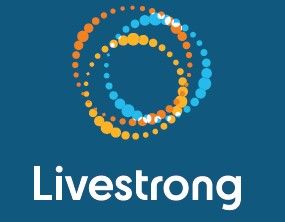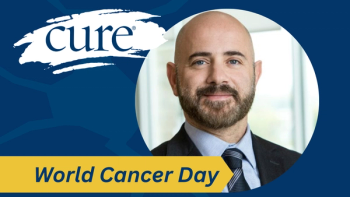
Life Expectancy With Cancer

Each person responds to treatment differently. No one knows in advance how effective cancer treatment will be. There's also no way to know how long anyone will live—with or without cancer.
Knowing about survival rates can give you a general idea about how long other people diagnosed with your type of cancer have lived. Yet, your experience may be very different. Survival rates are only estimates and are based on:
- Your type of cancer.
- The stage of your cancer when you were diagnosed.
- The particular traits of your cancer (such as cell types and growth traits).
- The treatment you received.
- Your unique physical and emotional health.
Survival Rates
Survival rates are based on studies of cancer patients during and after treatment. However, some of these studies were done 10 or more years ago, and cancer medications and methods have changed a great deal over the years. The life expectancy for a specific type of cancer is often reported as a five-year survival rate. This doesn't mean that survivors only live five more years. It simply means that the study followed participants for that long. Also, the concern about cancer recurring lessens after five years.
Survival rates are usually stated as percentages. A health care provider might say, “People with this type of cancer generally have a 60 percent five-year survival rate.” This means that 60 out of 100 people who were treated for this type of cancer during the research studies were still living after five years.
Cancer survivors often live much longer than these estimates. Every cancer survivor is different. You are not a statistic.
Talking About Life Expectancy
Some people want to know right away about the chances of surviving. They begin talking to their loved ones and health care team about life expectancy during treatment. Some will focus on quality of life issues instead of cancer treatment. Still others choose never to talk about these things with anyone. You have the right to discuss or not discuss the issue of life expectancy. You also have the right to decide when to do this.
Questions to Ask Your Health Care Team
- Can other health conditions affect my survival rate?
- Are there other treatments that may be helpful?
- What types of healthy living habits might help me?
- What can I do to increase my life expectancy?
- How does my treatment compare to that used in the study?
Your health care team and loved ones may wait for you to bring up the topic of life expectancy. Others might bring it up. You can tell them if you’re not comfortable talking about it. You'll need to find the ways that work best for you during your cancer journey.
When you talk to your health care team about life expectancy, consider setting up a separate visit. This gives you the time you need to ask questions about the statistics and information they shares with you.
Finding Cancer Support
Life expectancy numbers can't tell you how long you are going to live. Sometimes, receiving this information may be confusing. If you feel worried, set up a separate meeting to discuss your life expectancy concerns with your health care provider.
Hearing news about your survival rate can be overwhelming. Talking with loved ones, trusted friends or a faith-based counselor may help. Your health care team can also refer you to a licensed counselor or social worker for help dealing with the stress of cancer. The American Psychosocial Oncology Society has a free hotline to connect cancer patients and caregivers to counselors in your area.
Many people affected by cancer find it helpful to share thoughts and feelings with others who are in a similar situation. If this interests you, find out about cancer support groups in your area. Each group may have a unique way of offering support, so find one that fits your needs. Or you can seek out peer-to-peer support instead of joining a group.



